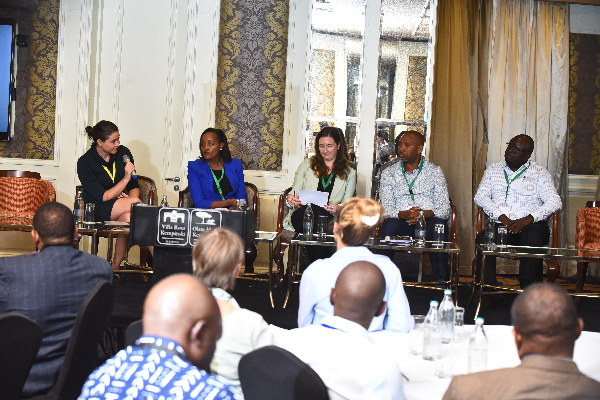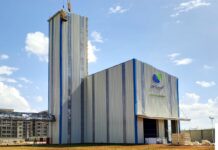Kenya’s vibrant livestock sector, which supports an estimated 25 million livelihoods and contributes 42% to the national agricultural GDP, continues to attract attention from investors despite significant financial hurdles.
With the demand for livestock products projected to grow by up to 50% by 2030, there’s a clear opportunity for strategic investments to drive growth and innovation in the sector and ensure that livestock production is done sustainably to mitigate environmental and social harms.
Despite its undeniable importance, the livestock sector remains chronically underfinanced. While private-sector investments in agriculture have been growing, private-sector investments in the livestock sector remain negligible. Since 2015, investors have made over $500 million in agriculture, with only 10% of this being in livestock-related ventures.
So, where has the disconnect been?
A recent study on Kenya’s livestock investor landscape sheds light on key factors hindering investment traction. The study, which assessed over 80 investors ranging from impact investors to commercial banks, highlighted specific concerns, including informality of the sector, risks at the production level like disease outbreaks and weather-related risks, lack of visibility of good opportunities for livestock investments, and lack of ‘investor-ready businesses.’
“Dairy and poultry received more than 50% of the deals reviewed in our study, underscoring investors’ perception of lower risk in these value chains. Their established businesses, strong revenue streams and reliable consumer demand through formal marketing outlets such as supermarkets make them particularly attractive,” noted Kristin Girvetz, Director at AgThrive.
The study’s findings indicate increasing demand for investments, suggesting the need for active pipeline development and collaboration among investors, while businesses must ensure they are ‘investment ready’.
“Capital is plenty, at least in the short term, but identifying viable investment opportunities remains a challenge for investors,” said Arjun Bhoopal from Gatsby Africa. “Through collaboration with investors and businesses, we can explore new avenues to mitigate risk and reduce financing costs, driving investments across Kenya and the continent.”
Livestock Investor Landscape study
The Livestock Investor Landscape study, conducted by Gatsby Africa, ILRI and AgThrive, was funded by:
- the Bill & Melinda Gates Foundation through the Global Livestock Advocacy for sustainable Development (GLAD) project implemented by ILRI, and
- Gatsby Africa.
“In order to meet the growing demand for milk, meat and eggs, unlocking more finance for livestock solutions is critical,” highlighted Shirley Tarawali, Assistant Director General, ILRI. “Investments are needed to grow the livestock sector sustainably, thereby creating triple wins that benefit smallholder farmers, efforts for climate adaptation and mitigation, and Kenya’s economic growth and sustainable development agenda”.
The study findings were unveiled at the Livestock Investors Convening and Pitch Event, which brought together livestock businesses, investors, and development agencies to share insights on the livestock investment ecosystem in Kenya. The forum provided a platform for industry stakeholders to showcase innovative livestock business ventures, exchange insights and explore collaborative opportunities to unlock further investment for the Kenya livestock sector.









[…] News Source: farmersreviewafrica.com […]
Comments are closed.